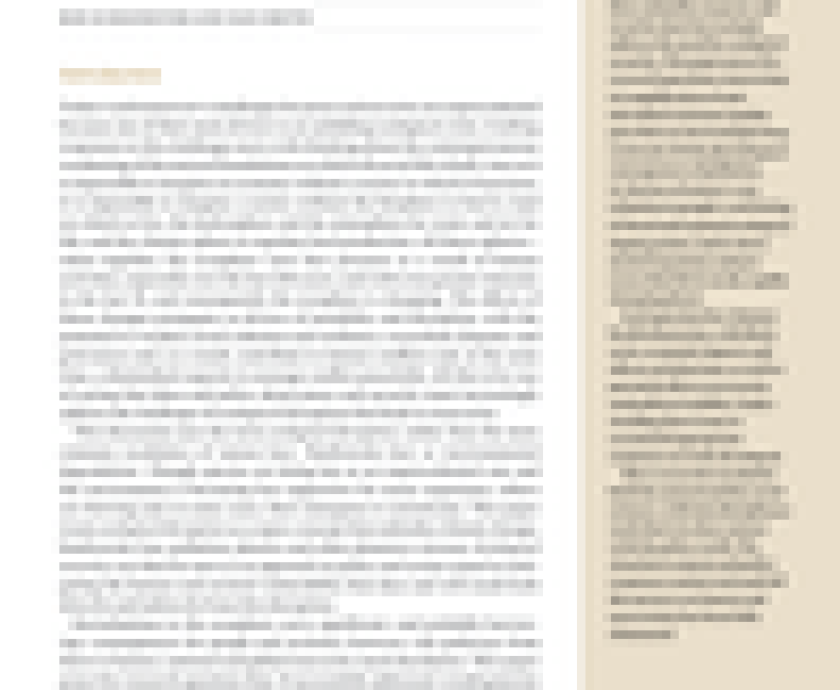Click to expand Image
Haneen Nabhan, who has physical and intellectual disabilities, next to the ruins of her family’s home in the Jabaliya refugee camp in Gaza, which was destroyed in an Israeli airstrike on May 14, 2023.
© 2023 Fatima Shbair/AP Photo
Israel’s airstrikes in Jenin in the occupied West Bank in early July reminded me of the nights during rounds of hostilities in Gaza when my family and I worried we wouldn’t survive to see daylight again. The most recent outbreak of hostilities in Gaza in May might have faded from memory for many, but the wounds are still fresh.
People with disabilities remain among the most affected. On May 13, an Israeli officer ordered the Nabhan family to evacuate their homes in the Jabalya refugee camp within three minutes. They housed at least 40 members of their extended family, including five people with disabilities.
Najah, 50, pleaded for help to evacuate her daughters Haneen, and Areej, who have physical and intellectual disabilities. Neighbors quickly carried the young women to safety. Before they had time to retrieve Haneen’s wheelchair, an Israel airstrike flattened their four-story building. “I need nothing but to have our house back,” 19-year-old Haneen later told me.
Haneen said she feels “cut off from the world” without her wheelchair, calling it the most important thing in her life. Areej has trouble sleeping amid the constant buzzing of Israeli drones above. “We are going to die, Mom!” she once screamed.
The escalation began on May 9, when the Israeli army targeted the homes of three Islamic Jihad commanders, killing them and 10 members of their families and neighbors, including 4 children.
The five days that followed featured Israeli airstrikes and Palestinian rocket attacks. At least 33 Palestinians in Gaza, including at least 12 civilians, and 2 civilians in Israel were killed, according to the United Nations Office for the Coordination of Humanitarian Affairs (OCHA). Nearly 3,000 Palestinian housing units were also damaged, reported authorities in Gaza.
Israel’s Gaza closure has now entered its seventeenth year. Human Rights Watch has documented that these sweeping restrictions on movement, at times exacerbated by restrictive policies by Palestinian authorities, curb access to assistive devices, health care, and electricity essential to many people with disabilities. Chronic power outages particularly jeopardize the rights of many people with disabilities who need light to communicate using sign language, or equipment powered by electricity to move, including elevators and electric mobility scooters.
The bombing may have subsided again, but for Haneen and Areej, who lost their family home in an instant and the assistive device that helped them to lead a more independent and dignified life, the hostilities haven’t ended.




